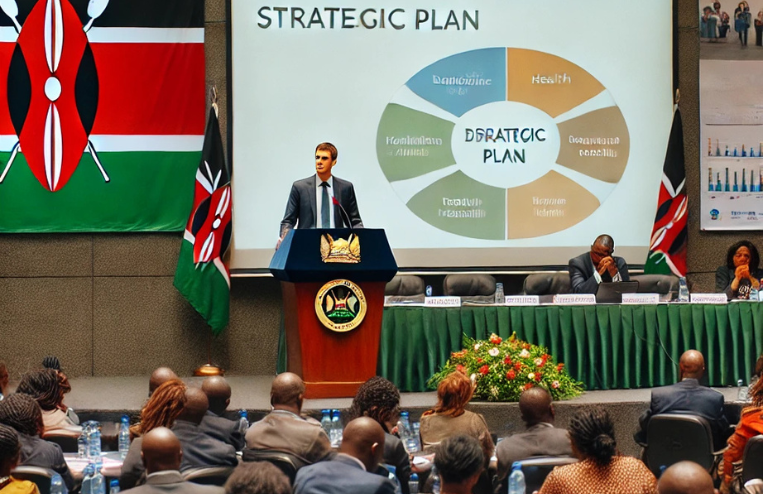Kenya’s Ministry of Health has unveiled a roadmap to enhance domestic health financing as international support declines.
Debra Barasa, Cabinet Secretary in the Ministry of Health, stated that the initiative follows Kenya’s transition from a low-income to a lower-middle-income country, prompting donors to phase out financial aid.
Speaking at a Nairobi forum, Barasa noted that the roadmap is currently in its pilot phase, running until the end of 2025, before full implementation from 2026 to 2030.
“We developed this roadmap in response to donor funding reductions after Kenya’s reclassification,” Barasa said during discussions on mitigation measures for domestic health funding.
The transition plan prioritizes:
- Essential medical commodities and service delivery
- Human resources for health
- Health information systems
- Infrastructure improvements
- Coordination of vertical disease programs
Barasa emphasized Kenya’s progress in building resilient healthcare institutions, ensuring sustainable services. She highlighted the country’s robust forecasting and quantification models, which guarantee adequate medical supplies, including a six-month buffer stock.
Sustaining HIV and Public Health Responses
Kenya’s operational plan for maintaining a resilient HIV response beyond 2030 includes five key pathways:
- Governance
- Service delivery and systems
- Health financing
- Health products and technology
- Community engagement
By strengthening health financing mechanisms like the Social Health Insurance Fund, Kenya aims to create a sustainable, locally-driven response to HIV and other public health challenges.
Call for Increased Domestic Investment
Barasa urged lawmakers to advocate for higher budget allocations to the health sector, particularly for HIV programs. She warned that without sustained domestic investment, Kenya risks reversing progress in its fight against HIV.
With this roadmap, Kenya is taking crucial steps toward self-reliant healthcare financing, ensuring long-term sustainability for critical health programs.

